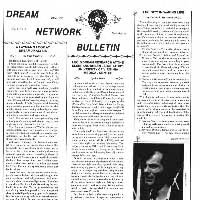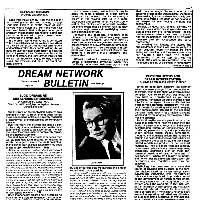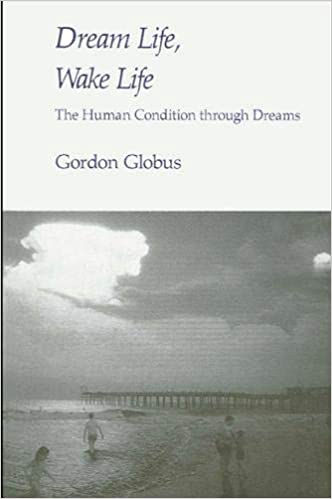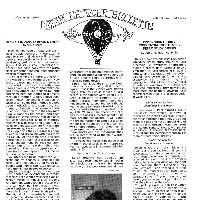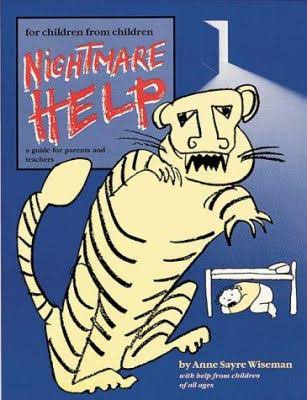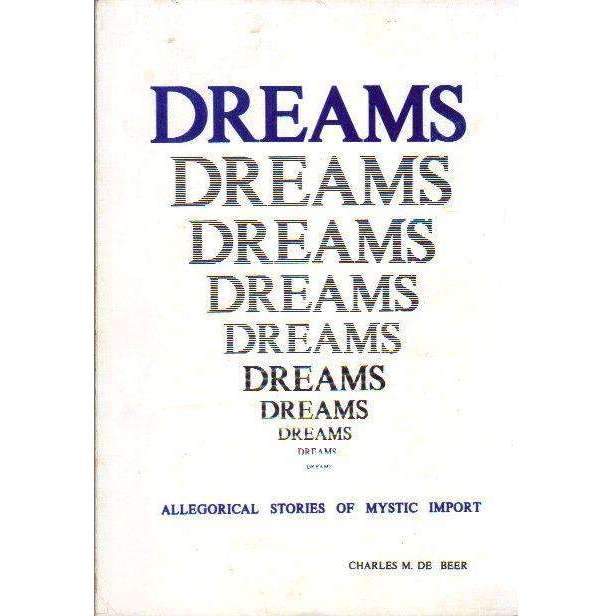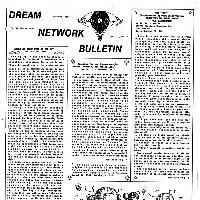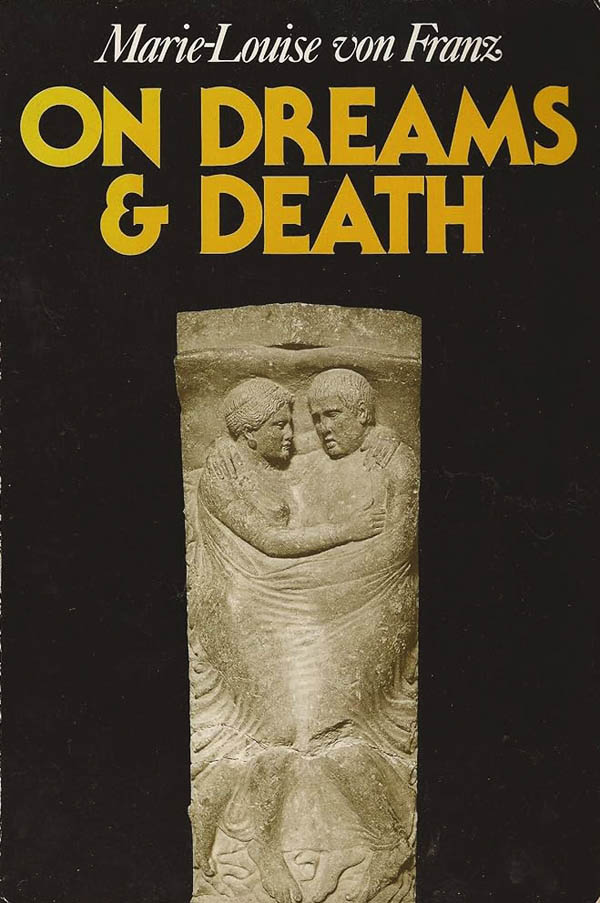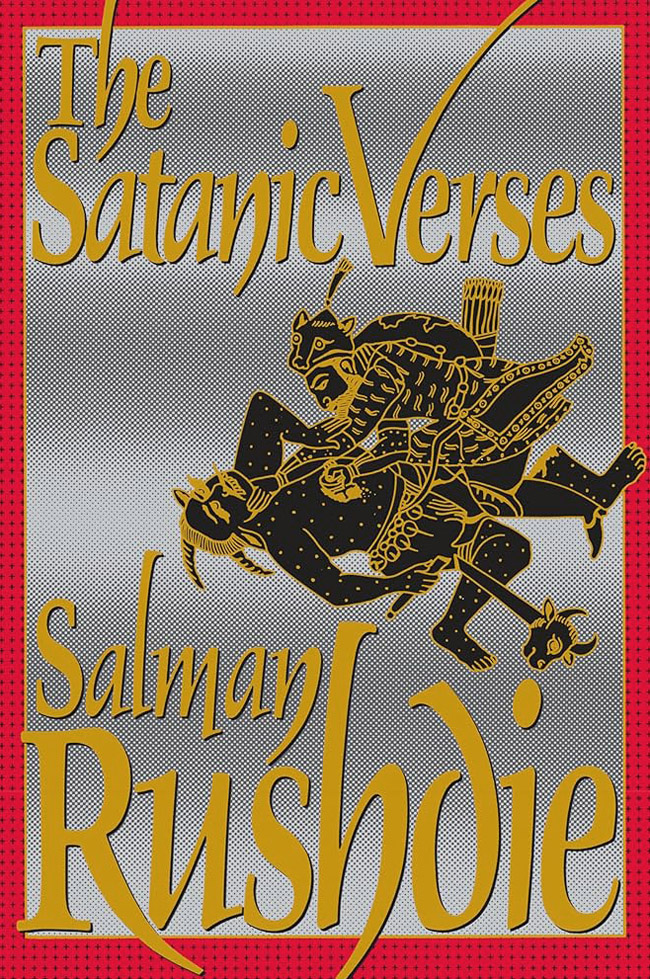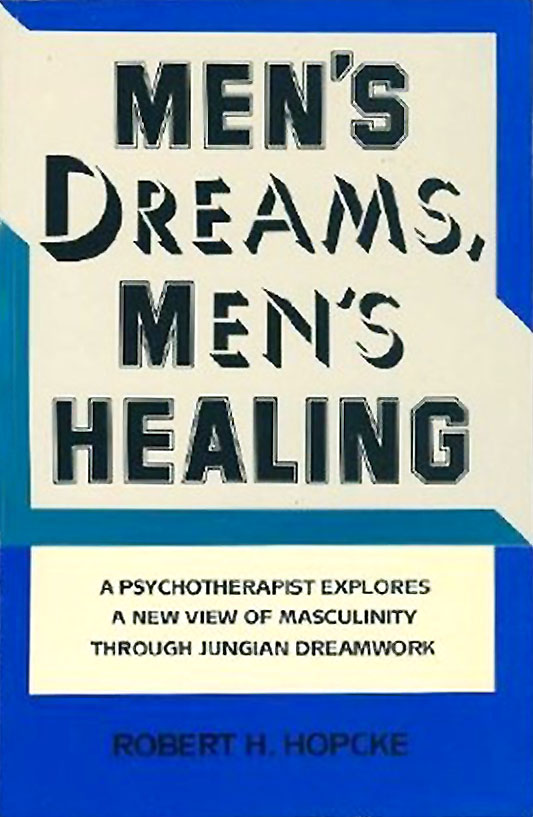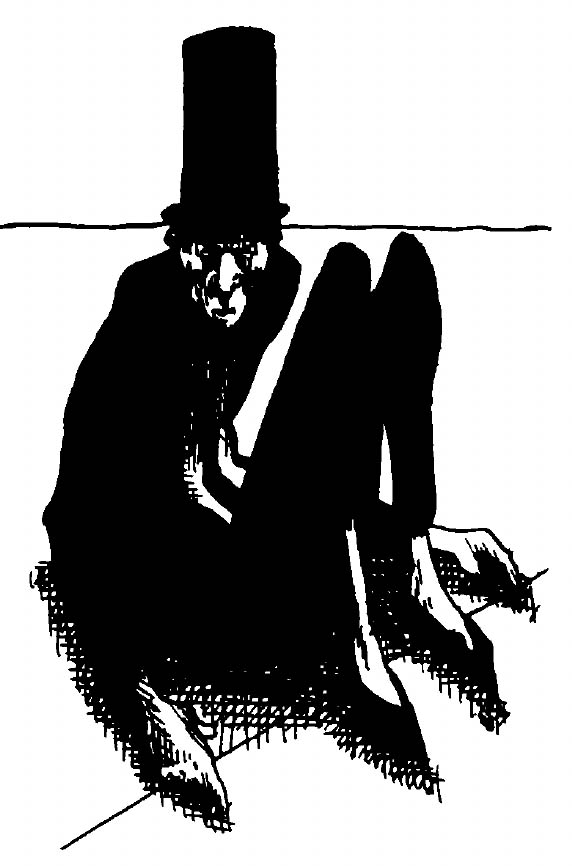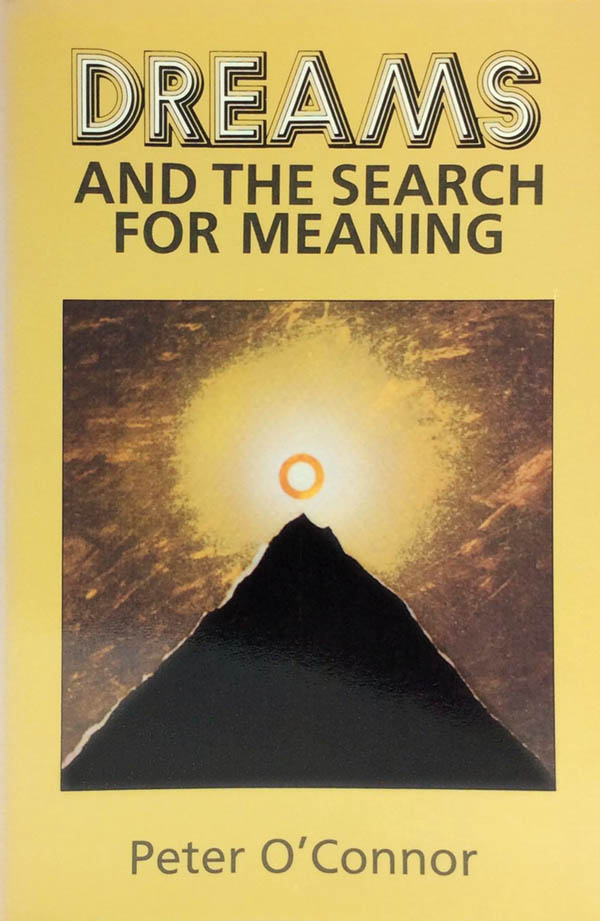
It's getting harder and harder to write genuinely original and innovative introductory works on dreams. There are a number of excellent books already on the market that lay out the basics about the reasons why dream interpretation is valuable, the historical background of dream interpretation, the fundamental how-to tips, the contributions of Freud and especially Jung to our understanding of dreams, etc. We thus have to admire the bravery of Mr. O'Connor for simply offering Dreams and the Search for Meaning into this very crowded field. O'Connor deserves more than just our admiration, though, for he has written a truly thoughtful work that does a good job of introducing readers to what might be called a revised Jungian approach to dreams.
O'Connor, a resident of Australia who has written books on Jung and on the mid-life transition, ties both of these interests together in the present work. He says in his preface that "The aim of this book is not to provide some comprehensive or authoritative study of dreams and their interpretation. Indeed it is as much to do with psyche, or soul, as it is with dreams. It is fundamentally about the middle kingdom of dreams and the restoration of this realm of imagination to a legitimate position: the overriding concern is one of restoration, not interpretation..." The book is basically concerned with how to approach a dream and thereby one's unconscious mind, rather than how to interpret a dream.(1)
After outlining the history of dream interpretation theories from prehistoric times through the Middle Ages, Mr. O'Connor discusses the pivotal influence of Freud and The Interpretation of Dreams on the West's view of dreams. This is the most balanced and insightful treatment of Freud that I have ever encountered in a popular book on dreams, particularly a book that derives its main inspiration from Jung. O'Connor not only gives Freud credit for pioneering the modern study of dreams, but indicates those ideas of Freud's which have continuing relevance for today's dream explorer. While acknowledging that Freud probably exaggerated the universal importance of sexuality in dreams, Mr. O'Connor also notes that sexuality certainly continues to play a large role in many people's dreams. (2) Furthermore, Mr. O'Connor reminds us that our translations of Freud have obscured some of the important broader meanings of his ideas. While the German word ‘Seele’, which Freud uses, has religious or spiritual connotations much closer to our word "soul," all translations of Freud render it as the much drier "psyche."(3) As a result, Freud has been unfairly criticized for an excessively mechanistic view of human nature, and the potentially religious implications of his work have been for the most part ignored.
The most significant feature of these efforts to renew our appreciation of Freud is Mr. O'Connor's argument that Freud's theory of dreams as wish-fulfillments may be compatible with Jung's view that dreams are unconscious compensations for the excesses of consciousness. Mr. O'Connor says that we may define "wish" as a desire, an incentive to action, and an inclination to do something; if we take the concept of wish in this sense, then, "one could reinterpret Freud's use of the term from wishful thinking to the more correct sense of wish-fulfillment. Are, then, the irrational contents of dreams that Freud focused on representative of material, thoughts, needs, and feelings that need to come into consciousness? Do they reappear in dreams in order for us to face them and integrate these aspects of ourselves into consciousness in exactly the same way that Jung talks of compensation? If this is so, then Freud's view of dreams as wish-fulfillment could be seen as the wish to fulfill ourselves, to complete ourselves, to move towards individuation in Jung's terms."(4)
I'm not so sure that this compromise works as smoothly as Mr. O'Connor suggests, for Freud often states that the censorship and repression of our unconscious wishes is a healthy and necessary thing for us, a position far from that of Jung.(5) Still, Mr. O'Connor has made an excellent beginning to what should prove to be a very fruitful reappraisal of Freud's dream theories.
All in all, however, Dreams and the Search for Meaning is an essentially Jungian book, drawing its primary principles from Jung's views on the role of dreams in psychological development. Indeed, Mr. O'Connor makes an especially powerful case for the validity of Jung precisely because he has taken such care in considering the strengths and weaknesses of Freud. Rather than positing a sharp and irreconcilable split between the two, Mr. O'Connor seeks to highlight the values in both of their theories, thus enriching our understanding of dreams all the more.
This even-handed treatment of Freud and Jung falters in only one place, when Mr. O'Connor asserts that Freud did not have any direct or important influence on Jung's psychology. Mr. O'Connor recognizes that his own book "could easily create the impression, which some people appear determined to perpetuate, that Jung was a pupil of Freud. Nothing could be farther from the truth. They had independent careers, Jung's specifically in a mental hospital, where he developed his own individual views about the psyche."(6) I disagree sharply. Freud had a massive influence on the development of Jung's thought; Jung was very much a pupil, if not a disciple, of Freud's for close to eight years; and even after their break almost all of Jung's writings are on one level responses to Freud. Sociologist Peter Homans has written a book called Jung in Context in which he details this deep influence of Freud on Jung.(7) Incidentally, Homans has also written papers on Freud in which he shows that much of Freud's later works can be read as responses to Jung.(8) Mr. O'Connor also makes excellent use of the thought of James Hillman, perhaps the most prominent post-Jungian dream theorist. Dreams and the Search for Meaning is almost an introduction to the works of Hillman, as Mr. O'Connor discusses his ideas about soul, about the notion of "befriending" dreams, and about the specific techniques he uses in the exploration of our dreams.
Unfortunately Mr. O'Connor fails to use inclusive language in his book. He speaks of how "man is a symbol-forming creature," how "dreams have intrigued mankind since the dawn of time" and how "primitive man" views dreams.(9) As I have argued in these pages before, it is especially important that those of us engaged in the study of dreams use non-sexist, gender-neutral language in our writings: it we are working to effect a transformation in the ways that people view consciousness and reality, we must ourselves be responsive to new advances in consciousness. One such new advance is the recognition that the use of the word "man" to refer to all people implicitly depreciates the status of women.
Mr. O'Connor has succeeded in writing a fine introductory book on dreams. Dreams and the Search for Meaning is clear, well-researched, up-to-date, based on obviously extensive clinical experience, and open to the broader social and religious implications of dream interpretation. For anyone who wants a good introduction to the study of dreams in the Jungian tradition, I would gladly recommend Mr. O'Connor's solid work.
O'Connor op.cit., pp. x-xi.
Ibid., p. 40.
Ibid., p. 71. For my own understanding of this point I am indebted to my friend Richard Heinemann and his essay "Freud and the Cosmology of Mind in The Interpretation of Dreams" (unpublished manuscript).
Ibid., p. 55.
"Thus the censorship between the Ucs. [unconscious] and the Pcs. [preconscious]...deserves to be recognized and respected as the watchman of our mental health.... No matter what impulses from the normally inhibited Ucs. may prance upon the stage, we need feel no concern; they remain harmless, since they are unable to set in motion the motor apparatus by which alone they might modify the external world." Freud, S., The Interpretation of Dreams (trans. J. Strachey) (New York: Avon Books, 1965), pp. 606-607.
6.Ibid., p. 45.
Homans, Peter, Jung in Context (Chicago: University of Chicago Press, 1979).
Homans, Peter, "Disappointment and the Ability to Mourn, De-Idealization as a Psychological Theme in Freud's Life, Thought, and Social Circumstance, 1906-1914," Freud: Appraisals and Reappraisals, ed. Paul E. Stepansky (Hillsdale, NJ: The Analytic Press, 1988).
O'Connor, op.cit., pp. 16-19, 201.


